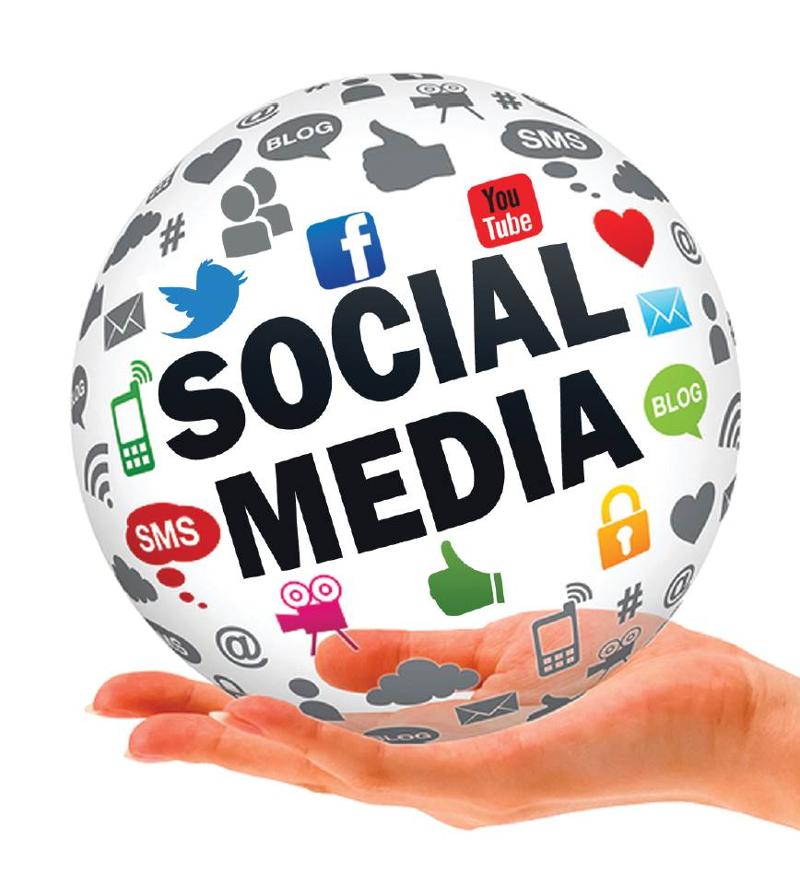×
The Standard e-Paper
Smart Minds Choose Us

For many people, the phone is the first thing they wake up to; checking for texts on WhatsApp, notifications on Facebook and endless feeds on Twitter.
After a few minutes in bed with their phone, many move with the gadget to the bathroom and watch some recommended YouTube videos or skim through WhatsApp statuses without really knowing why.